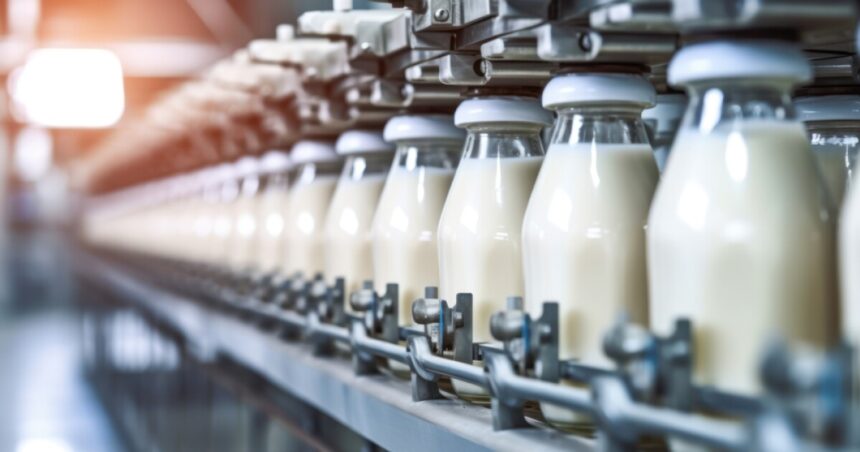The U.S. Department of Agriculture has revealed that pasteurization effectively deactivates the virus commonly referred to as “bird flu” in milk and dairy products.
The FDA disclosed that this study is the first to mimic commercial milk processing and concluded that the standard pasteurization time and temperature requirements are successful in deactivating the H5N1 HPAI virus in milk.
Researchers conducted tests on 275 raw milk samples from farms in states where bird flu is prevalent. Of these samples, 158 showed “viral fragments” of bird flu, and 39 contained infectious virus.
The milk samples were then heated to 161 degrees Fahrenheit for 15 seconds. The FDA confirmed that this process effectively eliminated the virus present in raw milk.
Subsequently, milk with higher levels of virus was treated with pasteurization, which completely inactivated the virus according to the FDA.
Speaking on the results, Nathan Anderson, a director in the FDA’s Center for Food Safety and Applied Nutrition, emphasized the importance of validating pasteurization parameters to ensure the safety of milk and dairy products.
Related story: FDA shares research plans as it continues to monitor bird flu outbreak
The Centers for Disease Control and Prevention has reported cases of the highly infectious bird flu in over 100 dairy cattle herds across multiple states since March.
Bird flu primarily spreads among animals but has infected four humans in the U.S. since 2022, all of whom had contact with infected cows or poultry.
While the FDA advises against consuming unpasteurized raw milk, it remains unclear whether bird flu can be transmitted through raw milk consumption.
The FDA reiterated the safety of pasteurization and its effectiveness in eliminating risks associated with raw milk consumption.
The National Institutes of Health reported that as of 2022, around 4.4% of the U.S. population admitted to consuming raw milk, with an estimated 2.5 million adults consuming it weekly.





